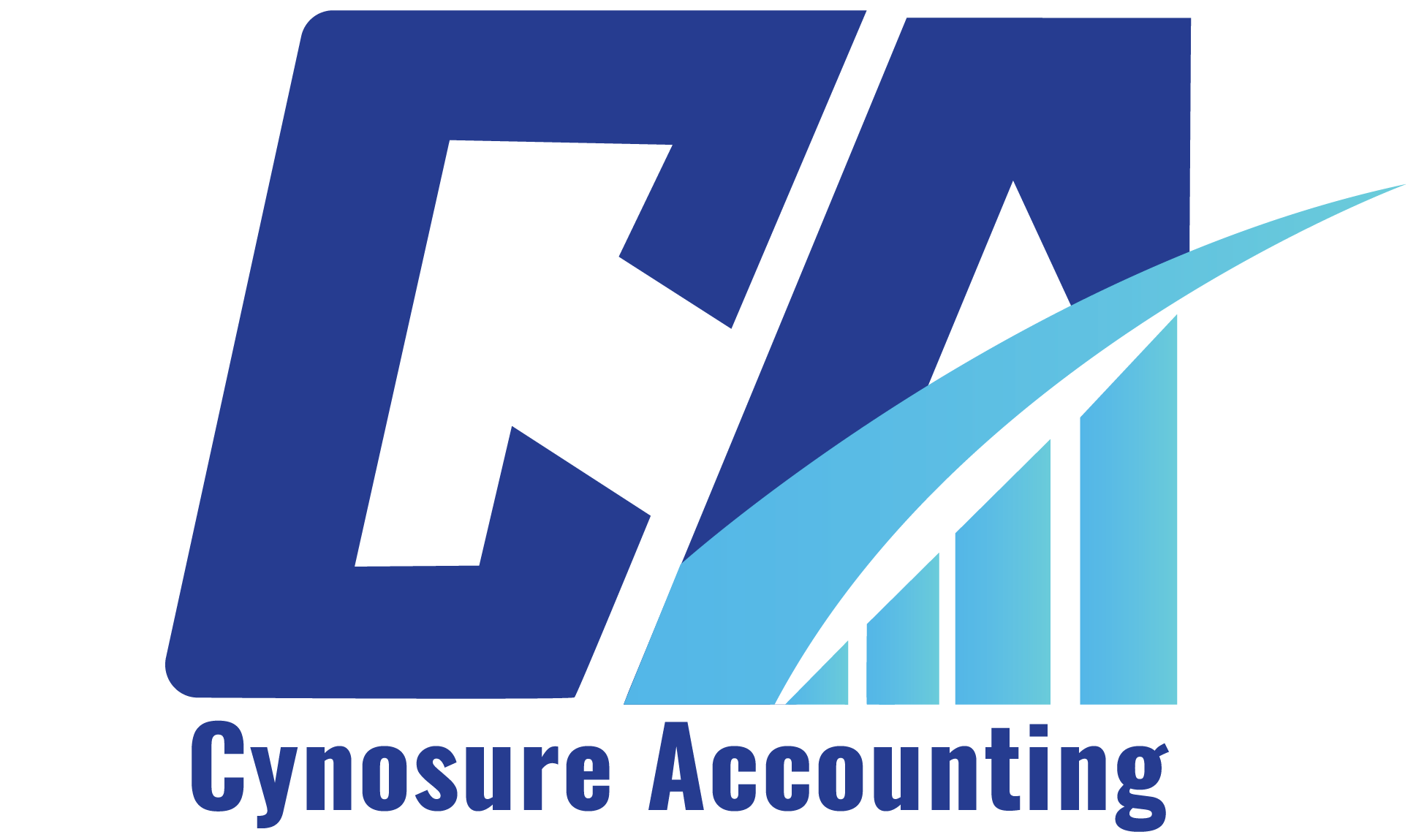For SaaS businesses, efficient billing and invoicing are critical. Managing recurring payments, handling multiple customer subscriptions, and ensuring financial accuracy can become overwhelming without the right tools. QuickBooks SaaS Integration helps simplify these processes, ensuring businesses maintain proper financial records while improving cash flow.
Why QuickBooks SaaS Integration Matters
QuickBooks Online has become a preferred choice for many SaaS companies due to its ease of use and automation capabilities. Integrating it with other platforms like Shopify, Magento, WooCommerce, and BigCommerce enhances workflow efficiency. Businesses can automate financial tasks, improve customer management, and ensure accurate record-keeping.
Key Benefits of QuickBooks Integration
- Automated Billing & Invoicing: Reduce manual work by generating invoices automatically.
- Accurate Financial Tracking: Get real-time visibility into revenue and expenses.
- Seamless Inventory Management: Sync inventory with ERP systems like NetSuite and SAP.
- Better Customer Management: Improve CRM interactions with platforms like Zoho CRM, Salesforce, and HubSpot.
- Marketplace Compatibility: Easily sync with Amazon, eBay, and online stores.
How QuickBooks Integration Works for SaaS Companies
QuickBooks SaaS Integration connects financial data across multiple platforms, eliminating the need for manual data entry. Here’s how it helps:
1. Automating Recurring Billing
For SaaS businesses that operate on a subscription model, recurring billing is crucial. QuickBooks Online allows companies to set up automated invoices for subscribers, ensuring timely payments.
2. Improving Cash Flow Management
QuickBooks helps track receivables efficiently. Businesses can set up reminders for overdue invoices, reducing delays in payments.
3. Enhancing Inventory and Supply Chain Management
SaaS companies selling digital or physical products benefit from real-time inventory tracking. Integrating QuickBooks with ERP systems like NetSuite and SAP ensures seamless inventory control.
4. Simplifying Tax Compliance
With QuickBooks, businesses can automate tax calculations, ensuring compliance with financial regulations. Integration with platforms like Lightspeed and Xero helps maintain accurate tax reports.
Platforms That Work Well with QuickBooks SaaS Integration
1. Shopify and WooCommerce
Ecommerce-based SaaS businesses using Shopify and WooCommerce can sync sales data, invoices, and customer details with QuickBooks.
2. Amazon and eBay
Marketplaces like Amazon and eBay generate high sales volumes. Syncing QuickBooks with these platforms ensures accurate accounting and order management.
3. HubSpot and Salesforce
CRM integration with QuickBooks streamlines customer data, making it easier to track sales, payments, and interactions.
4. POS Systems (Lightspeed, BigCommerce, and More)
For businesses using POS systems, QuickBooks integration ensures seamless transaction tracking.
How to Set Up SaaS Integration
Step 1: Choose the Right QuickBooks Version
SaaS businesses should determine whether QuickBooks Online or another version suits their needs.
Step 2: Select Integration Tools
Using tools like Zapier, Intuit QuickBooks API, or native integrations helps sync QuickBooks with CRM, ERP, and ecommerce platforms.
Step 3: Configure Billing & Invoicing Settings
Customize invoicing templates, tax settings, and payment reminders to fit the business model.
Step 4: Test & Monitor Integration
After setup, monitor transactions to ensure data syncs correctly between platforms.
QuickBooks SaaS Integration simplifies billing, invoicing, and financial management, making it a valuable tool for SaaS businesses. By automating recurring payments, improving inventory control, and enhancing CRM interactions, businesses can improve efficiency and maintain accurate financial records.
Implementing the right integrations with QuickBooks ensures smooth operations and a better experience for customers and business owners alike.

